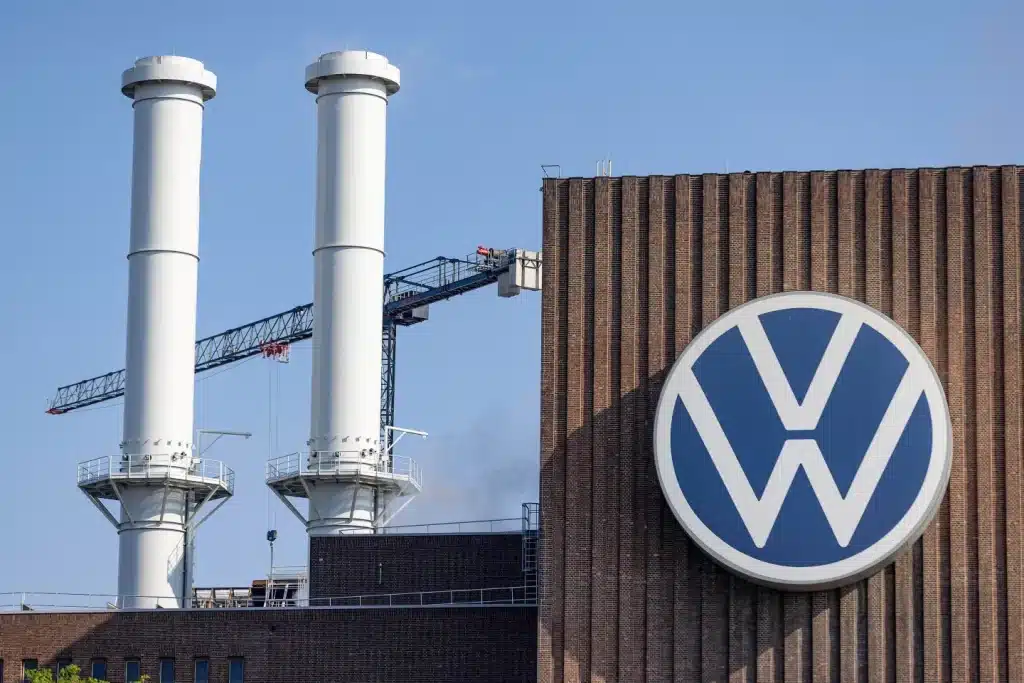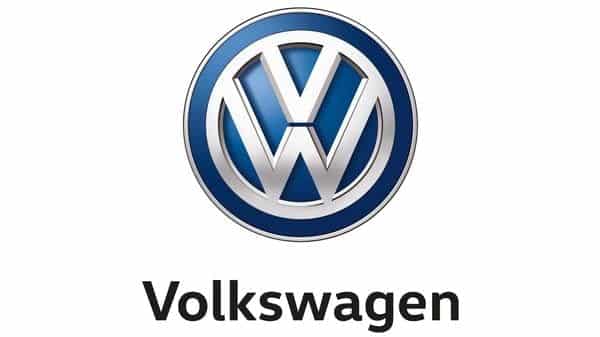Volkswagen’s Troubles: VW’s announcement of job cuts, potential factory closures, and the termination of a three-decade-old job security agreement has caused significant concern. The company is struggling to save €10 billion over the next three years, mainly due to a weakened domestic economy and increasing global competition, particularly from Chinese automakers.
Germany’s Economic Woes: VW’s problems indicate more significant issues plaguing Germany’s economy, which has seen stagnation, supply chain disruptions, and energy crises worsened by geopolitical tensions, including the reduction in Russian gas supplies. These factors have diminished Germany’s industrial competitiveness, leading to forecasts of near-zero GDP growth in 2024.
Electric Vehicle Strategy: VW’s faltering electric vehicle (EV) strategy adds to its woes as the company struggles to transition successfully to the EV market despite global trends pushing for electrification.
Looming Job Cuts: Thousands of VW workers could face layoffs, and the company may shut down some of its 10 German factories. These moves represent the first significant job threat in VW’s 87-year history in Germany, signaling a deep crisis for the country’s largest carmaker.
Germany’s Industrial Decline?

The decline in Manufacturing Output: Industrial output has been in a six-year downward trend, and the broader German manufacturing sector is grappling with the energy crisis, lower global demand, and rising costs. VW’s struggles mirror similar challenges faced by other industrial giants like BASF, Siemens, and ThyssenKrupp.
Loss of Competitive Edge: Many experts see Germany losing its competitive edge globally due to slow reforms and high production costs. Populism and fear of voter backlash have made the government reluctant to push through necessary economic reforms.
End of the “Made in Germany” Era?: Pundits argue that Germany’s position as an industrial powerhouse is in danger. The decline of its industrial sector, incredibly energy-intensive industries, may continue over the next decade without swift reforms and modernization.
Outlook for the Future
Potential for Recovery: Despite the doom-and-gloom narrative, there is hope for recovery. Germany still attracts international investments, particularly in high-tech sectors like biotech, green energy, artificial intelligence (AI), and defense. Companies like Google, Microsoft, and Intel have made significant investments in the country.
Germany’s Next Steps: Experts suggest that VW’s crisis should serve as a wake-up call for policymakers to initiate structural reforms, boost innovation, and make the country attractive for future investments. However, meaningful reforms might be delayed with the next federal elections not scheduled until 2025.
Volkswagen’s Position: VW’s leadership acknowledges the gravity of the situation and stresses the need to downsize and make difficult decisions to adapt to the changing global landscape, with China playing a crucial role in propping up the company.
Conclusion
The article delves into the severe challenges facing Volkswagen (VW) and its potential implications for Germany’s broader economy. It is a microcosm of broader German economic issues, highlighting the urgent need for reforms, investment in emerging technologies, and adjustments to a new global financial order. While the future remains uncertain, Germany’s industrial sector may have to evolve or face further decline.


